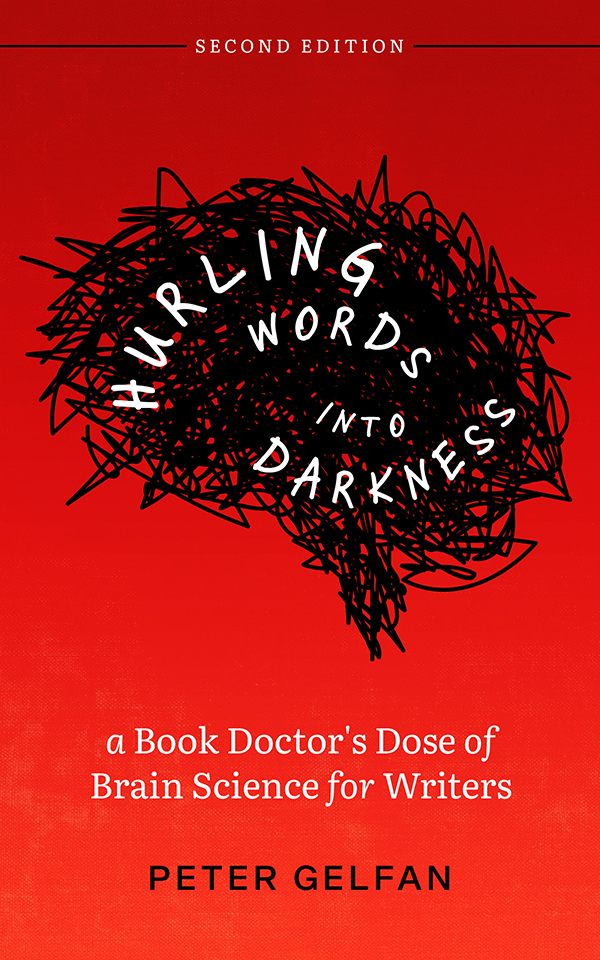College Application Essays
Notes on Writing College Essays
- A college essay isn’t just another writing assignment. A homework essay is practice writing. A college essay is the real thing: a piece of writing that will have an impact on the rest of your life. Think of it more as a job interview or an audition.
- The college will judge your scholastic abilities on your test scores and grades. The main purpose of the essay is give the admissions staff a picture of you as a person and help them imagine what sort of a student and member of the college community you would become.
- In high school, when the English teacher reads your homework essay, the real question she’s looking for an answer to is how well you have learned the writing skills she has been trying to teach you. With a college essay, the real question the admissions office wants an answer to is whether you would be a bigger asset to the college than the dozens of other applicants whose test scores and grades are as good as yours.
- Answering the prompt of the college essay provides you with an opportunity to show the college what kind of person you are. You might come up with an easy, obvious answer, or a difficult, original one. Which one do you think would create a stronger impression of you?
- Most writing assignments in high school call for expository or argumentative writing, in which you state the facts and explain your reasoning. On the other hand, many college essay prompts ask for narrative writing—telling a story. A story is often a more vivid way to put across who you are. A story is more likely than an explanation to bring about emotional involvement in readers. It can make them like you, root for you, and want to help you.
- Before you start writing, you must figure out what story to tell. What are your personal strengths? What sets you apart from the crowd? What interesting event, in which you took an active role, best shows your strong qualities? It can help to have a friend or advisor ask you questions to dig out these qualities and stories.
- Using expository or argumentative format—subject, development, conclusion—to narrate a story can turn it stiff and formal. This method also has another danger. If you come right out and say what a wonderful, smart, caring person you are, you may sound like a conceited braggart. After all, how do you react when someone tells you how great he or she is? On the other hand, a story speaks for itself. Readers see what kind of person you are from what you did and how you reacted. That’s why storytellers are often told: show, don’t tell.
- What’s the format for narration? Where do you begin? Usually, it’s very simple. There is no strict format. A story should flow along as naturally as a river. Start at the beginning, say what happened, and then end.
- Here is a general organization for a story essay. Each point isn’t necessarily a paragraph but might be as short as a sentence or two.
- Briefly, depict life as it was before the story begins.
- Describe the event that changed everything. It might be the arrival of a big problem, a disaster, or a huge opportunity. How did it affect you?
- Recount what you did first to deal with it, and the result. Often, the first effort fails or backfires, which is fine, as it teaches you something and tests your strengths.
- Repeat the previous point for the next effort, and so on for each.
- If there is a big climax in which you resolve the challenge, narrate it.
- Describe the resulting new, improved situation, what you learned, and/or how you changed.
- If you want to and have a good reason to, briefly cover any further thoughts or conclusions. These should never state the obvious or just repeat in different words what you have already said. A new twist or angle on the story is a fine way to end.
- Your writing should be direct, specific, and sincere. College essays are not the place to show off your use of complicated punctuation or obscure words. You want to show the best sides of who you are rather than how fancily you can write.
- Once you have a first draft, that’s a good start. Now, begin the revision process.
- Put yourself in the shoes of the admissions person reading your essay and reread it. What impression does it give of the writer (you)? Does it paint a picture of someone you would want at your college? If not, find where you went wrong and fix it. If it already gives a good impression, you can look for ways to strengthen it.
- Review your overall organization. Does it start at the best point and flow logically and emotionally from there to the end? Adjust the opening and closing if needed. Move around any of the intermediate material that would fit better somewhere else.
- Check proportion. Have you devoted the most space to the most important elements? If not, trim the minor stuff and bolster the important points. The important parts are those that show (not explain) why you would be a good addition to their college.
- Did you leave out anything important? Add it.
- Did you include anything unnecessary or not very relevant? Delete it.
- With each remaining line, ask yourself, can I say this any better?
- Have others read it, comment, and offer suggestions. Think about what they said. If it makes sense, revise. If you don’t agree even after discussing it and mulling it over, then ignore it.
- Now do a thorough check for spelling, grammar, word usage, typos, and so on.
- If you still have some time left before submitting the application, set the essay aside for a few days or weeks. Let it bubble in your brain. New ideas may pop up out of the blue, and a later rereading might shed new light. If you revise the essay again, repeat the revision process (step 11).
- Supplemental essays for individual colleges are a bit different. They aren’t simply asking why you want to go to college, as you have already covered that in the common app. They are asking why you want to go to that specific school. Maybe it offers a special major that fits your needs perfectly or has a facility such as a lab or arts building that appeals to you. For this kind of essay, make sure you do your homework and research the school. Be very specific. Rather than “I like the science department,” show you have studied the school and know what you’re talking about: “The Sadie G. Hawkins Microbiology Lab sounds ideal for my interest in DNA function.” Then put these essays through the same revision process.
Good luck with your essays, applications, and college years!












